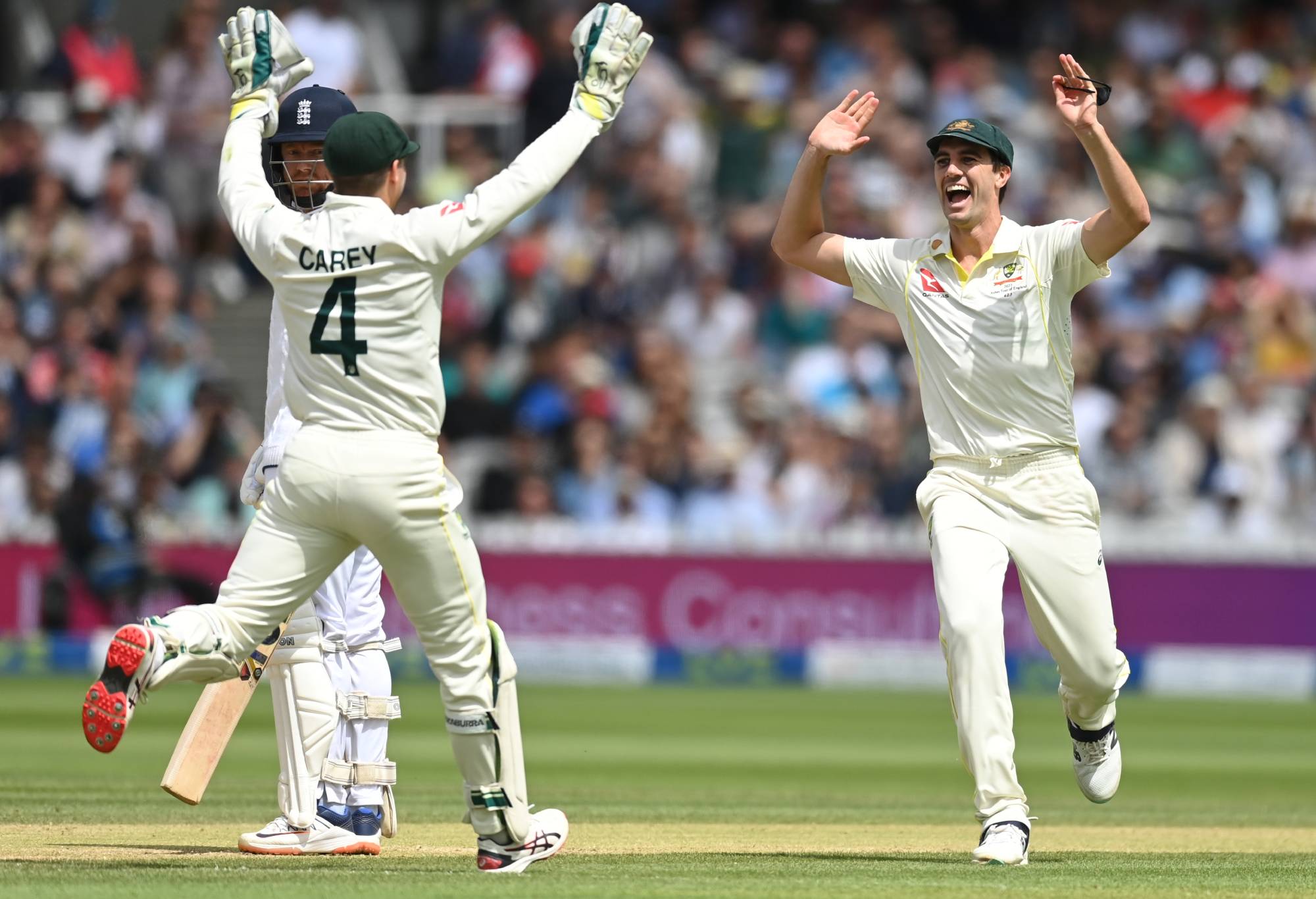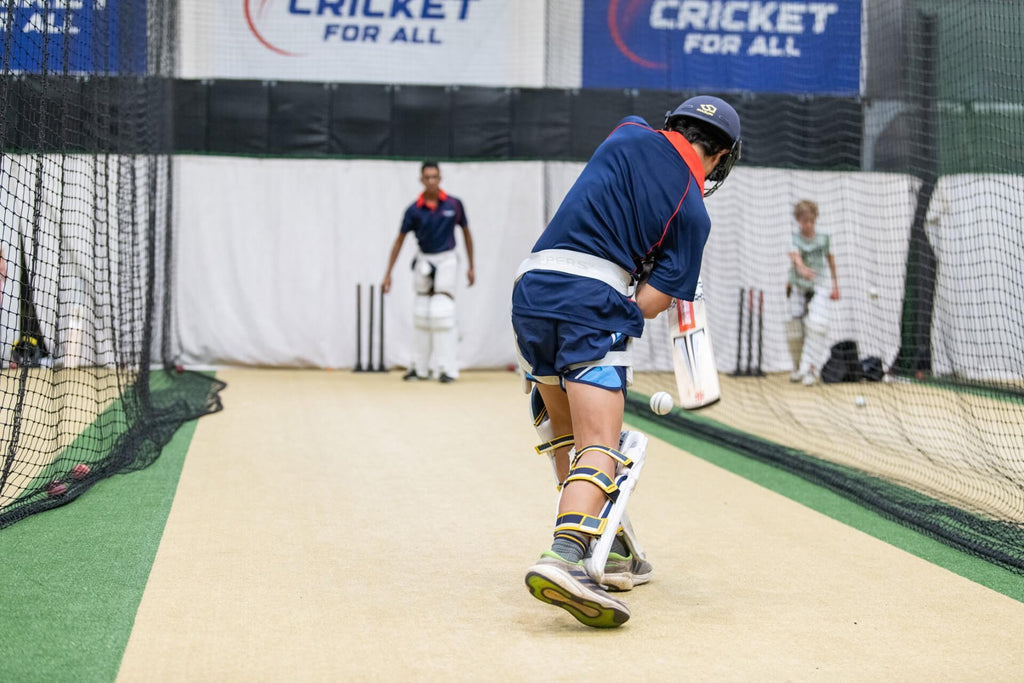A Captain’s Guide to Effective Leadership in Cricket

Cricket is a game that demands skill, strategy, and above all else, strong leadership. While the entire team plays a vital role, it is a captain’s ability to lead and make effective decisions which can significantly impact the outcome of a cricket match. In this blog, we at CRICKET FOR ALL will explore the essential qualities and strategies that make an excellent captain, which have helped guide our teams to success on and off the cricket field.
1. Lead By Example:
Firstly, a great captain is one who leads by example, both in their performance and conduct. They should strive to be a role model for their teammates, displaying professionalism, dedication, and integrity in everything they do. Specifically, by demonstrating their commitment to the game, this will beneficially inspire other players to strive for excellence and foster a positive team culture.
2. Communication and Motivation:
Effective communication is also crucial for any captain, no matter the sport. This involves having the ability to clearly convey their ideas, plans, and strategies to all team members. Strong communication skills facilitate effective teamwork, ensuring that everyone understands their individual roles and responsibilities within the team. Moreover, a captain must motivate their players, especially during challenging situations to instil confidence and keep morale high.
3. Strategic Decision-making:
Cricket is a game of strategy and tactics. As such, a good captain must also possess a deep understanding of the game, and be capable of making quick, astute decisions under pressure. This may involve:
- Setting field positions
- Making bowling decisions
- Devising batting strategies & target scores.
The captain’s ability to strategically understand the game and adapt when necessary is paramount. A good captain will always be analysing the game situation, assessing the strengths and weaknesses of the oppositi
on and their own players, and making calculated decisions accordingly.
4. Player Management
A successful captain knows how to manage their cricket team effectively. Most importantly, they understand the strengths and weaknesses of each individual player, allowing them to optimise team composition and allocate responsibilities most suited to their skills and physical ability. A good captain must also be approachable, maintain open lines of communication, and offer guidance and support to their teammates. This is imperative for demonstrating a sense of care for every player, which helps foster a sense of camaraderie and quickly resolve any conflicts that may arise within the team.
5. Resilience and Sportsmanship:
While cricket is a physical game, it also tests the mental fortitude and resilience of players. As such, it is expected that a captain can remain composed and level-headed, even in the face of adversity. This involves inspiring the team to bounce back from setbacks, learn from mistakes, and maintain a positive mindset throughout the game. Furthermore, a good captain must uphold the principles of sportsmanship, setting an example for fair play and respect towards opponents and officials.
6. Adaptability:
Finally, cricket is a dynamic sport where conditions can change rapidly, as can the game. As such, a captain needs to be adaptable, adjusting strategies and tactics based on factors such as:
- Pitch conditions
- Weather
- The opposition’s performance.
Further, they should also be open to feedback and willing to learn from experiences, continuously evolving their leadership style and decision-making approach.
Concluding Thoughts:
To conclude, being a successful cricket captain requires a combination of skills, knowledge, and leadership qualities. It is a challenging role that demands exceptional communication, strategic thinking, and the ability to inspire and motivate them. By embodying the qualities discussed in this blog, a cricket captain can guide their team towards victory while also fostering a positive team environment. So, aspiring captains, take note and strive to become the effective leaders who will shape the future of our great game!
For more blogs, check out Our Resources

